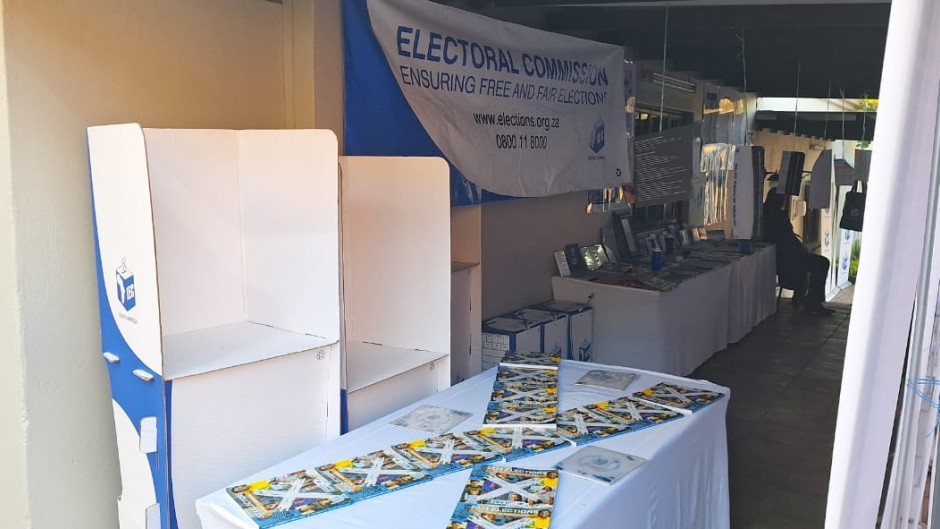JOHANNESBURG - The dress rehearsals by way of voting abroad and special votes are done. Now South Africa gears up for D-Day when the vast majority of almost 28 million people get set to cast their vote.
It has been 30 years since the African National Congress won those historic elections in 1994, an election that saw blacks voting for the first time. Back then the ANC was young and inexperienced electioneers. Today, they’re stalwarts, and fighting to remain relevant and in power.
The ANC has been the dominant political force in South Africa for the last three decades but, its grip on power has been weakening due to various factors.
Widespread corruption, economic stagnation, and growing inequality have eroded trust in the ruling party.
President Cyril Ramaphosa, who succeeded Jacob Zuma amid promises of reform and anti-corruption measures, promised a new dawn that never quite materialized. He faces ongoing challenges to restore the party’s reputation and the many issues that the country faces.
Opposition parties know this time around they have a shot at unseating the ANC, especially in some provinces. The main opposition party, the Democratic Alliance, has presented itself as a viable alternative.
There are some parties who are similar to the DA from an economic perspective including; Action SA, Rise Mzansi and Bosa. Others are more radical. This includes the Economic Freedom Fighters, led by the charismatic Julius Malema and the MK Party, led for Jacob Zuma, an ANC stalwart and former president of the Republic.
Polls suggest that no one party will win an outright majority, paving the way for coalitions. And it is in this space where the smaller parties may hold the balance of power and influence.
Whatever the case, South Africa is on the cusp of a new era.
- Denga Mavhunga is a member of the eNCA Academy of Journalism

